
A leading Australian Muslim leader has rejected the ban-the-burqa crusader of a new political network as ignorant, warning that these campaigns incite anti-Muslim hatred in the country. (Photo: On Islam)
Sydney, 14 Jumadal Akhir 1436/3 April 2015 (MINA) – Facing a new campaign against face veil and halal food, a leading Australian Muslim leader has rejected the ban-the-burqa crusader of a new political network as ignorant, warning that these campaigns incite anti-Muslim hatred in the country.
“I don’t want to make assumptions. I believe she may not understand and out of ignorance she says these things,” Maha Abdo, the CEO of United Muslim Women Association, told Anadolu Agency on Wednesday (1/4), On Islam quoted by Mi’raj Islamic News Agency (MINA) as reporting.
“But to keep it going for so long causes me to think she just wants to incite fear and anxiety in Australians’ hearts about a particular race and faith.”
Abdo’s comments followed the launch of a new 12-point platform to support removing halal food label, halving the foreign aid budget, the opposition of any attempt to introduce shari`ah law into Australia and a special interest in all matters associated with veterans, serving members of the Australian Defense force and their families.
Also Read: M6.3 Earthquake in Afghanistan Kills 19 People
The new political ‘network” was set up by Senator Jacqui Lambie, who was elected to Parliament in 2014 representing the Palmer United Party (PUP), but broke away in Nov. 2014
“All [12 core] policies are resonating” with supporters, Lambie’s Chief of Staff, Rob Messenger, told AA.
Trying to find a common ground, Abdo publicly debated Lambie on her stance regarding the burqa on morning television in October last year.
Challenging Lambie repeatedly to explain why she thought the burqa poses a risk, Lambie didn’t answer, citing hearing problems.
Also Read: 6.3-Magnitude Earthquake Strikes Northern Afghanistan
Abdo has also tried in several occasions to invite Lambie to join her and other Muslim women for a “sociable discussion.”
“That’s the Australian way of doing things,” Abdo, a recipient of the Order of Australia medal and the NSW Premier’s Multicultural Medal, said.
Lambie’s response came in the form of a tweet, which stated: Jacqui Lambie would not visit a mosque “because it’s not my moral upbringing.”
“I’m Australian,” she added.
Also Read: Saudi Arabia Reduces Umrah Visa Validity to 30 Days
Seeing these ideas as a threat to Muslims’ integration in Australia, she warned of consequences of following these hard-line politicians.
“Using anti-Muslim sentiment as a political platform is a concern,” she added.
Muslims, who have been in Australia for more than 200 years, make up 1.7 percent of its 20-million population.
Last October 2, Australia’s parliament house approved a controversial face-veil ban, stipulating that women donning burqa or niqab would be directed to the higher galleries where they could sit behind sound-proof glass.
Also Read: Afghanistan, Pakistan Extend Ceasefire After Türkiye-Qatar Mediation Talks
Less than three weeks later, Australia’s parliament reversed the ban on the face-veil worn by Muslim women.
Islam sees hijab as an obligatory code of dress, not a religious symbol displaying one’s affiliations.
A niqab is a veil which covers part or most of the wearer’s face, leaving the eyes visible.
Yet, Muslim scholars believe that a woman is not obliged to cover her face or hands.
Also Read: President Prabowo Emphasizes ASEAN Unity Amid Global Tensions
Scholars, however, believe that it is up to women to decide whether to take on the veil. (T/P006/P3)
Mi’raj Islamic News Agency (MINA)
Also Read: Timor-Leste Officially Becomes ASEAN’s 11th Member: Key Facts You Need to Know





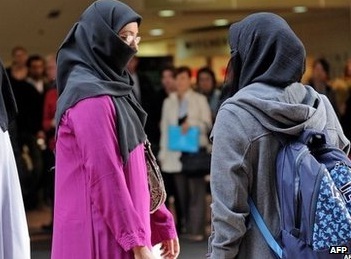


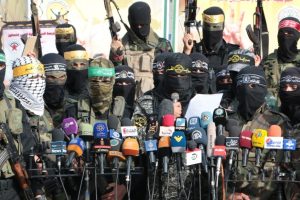
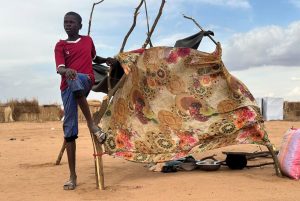
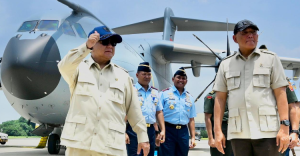
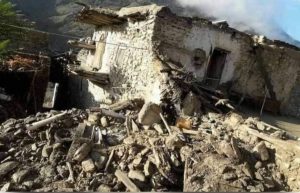


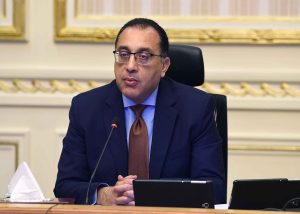

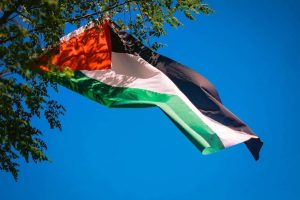
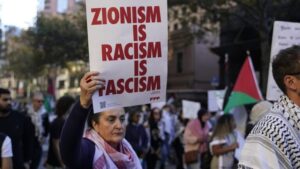
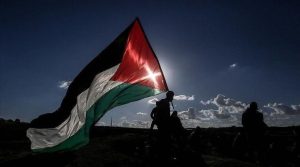

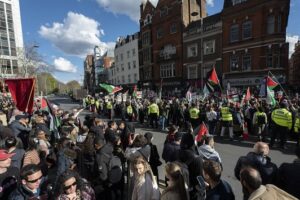






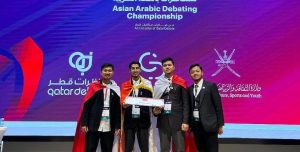



 Mina Indonesia
Mina Indonesia Mina Arabic
Mina Arabic